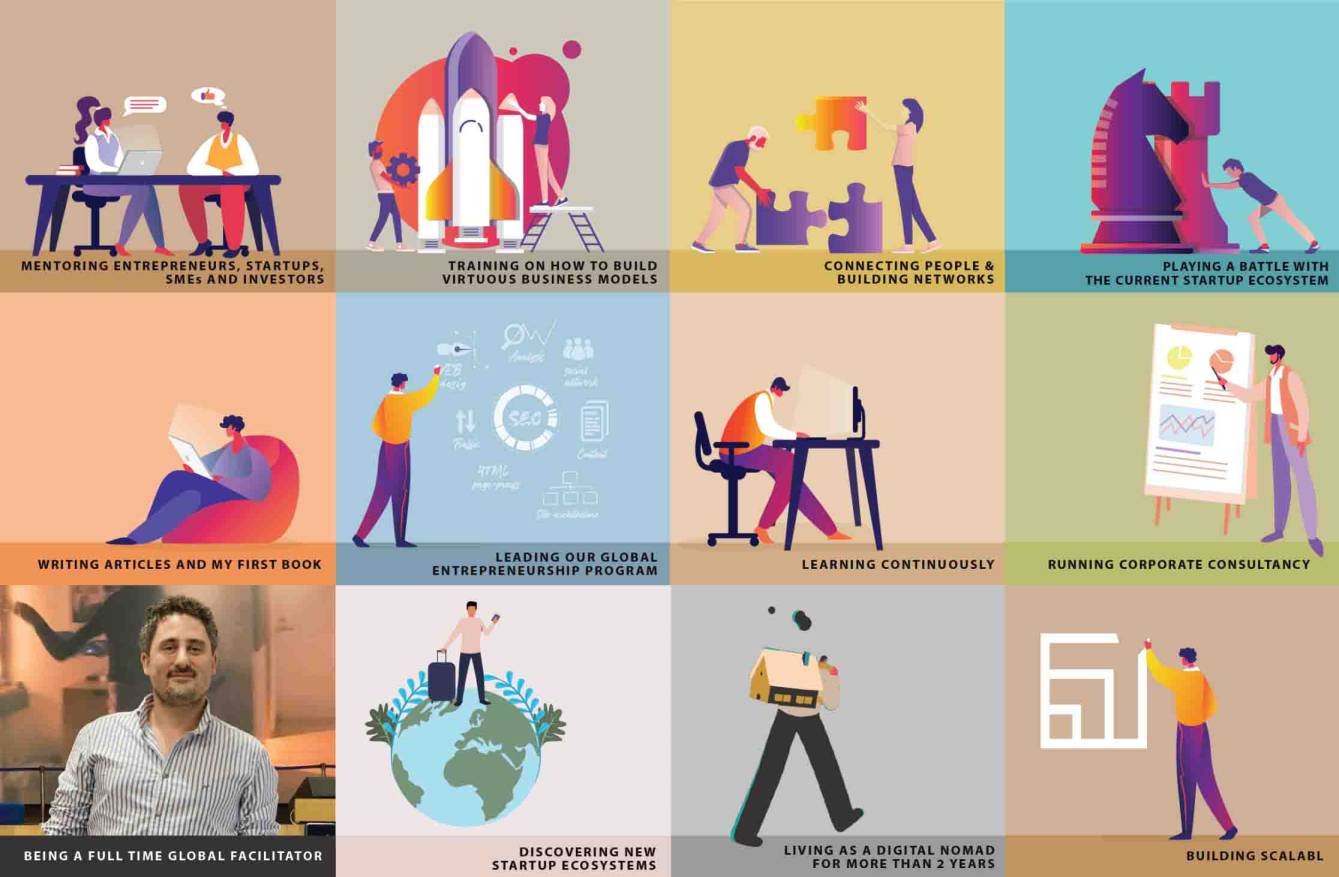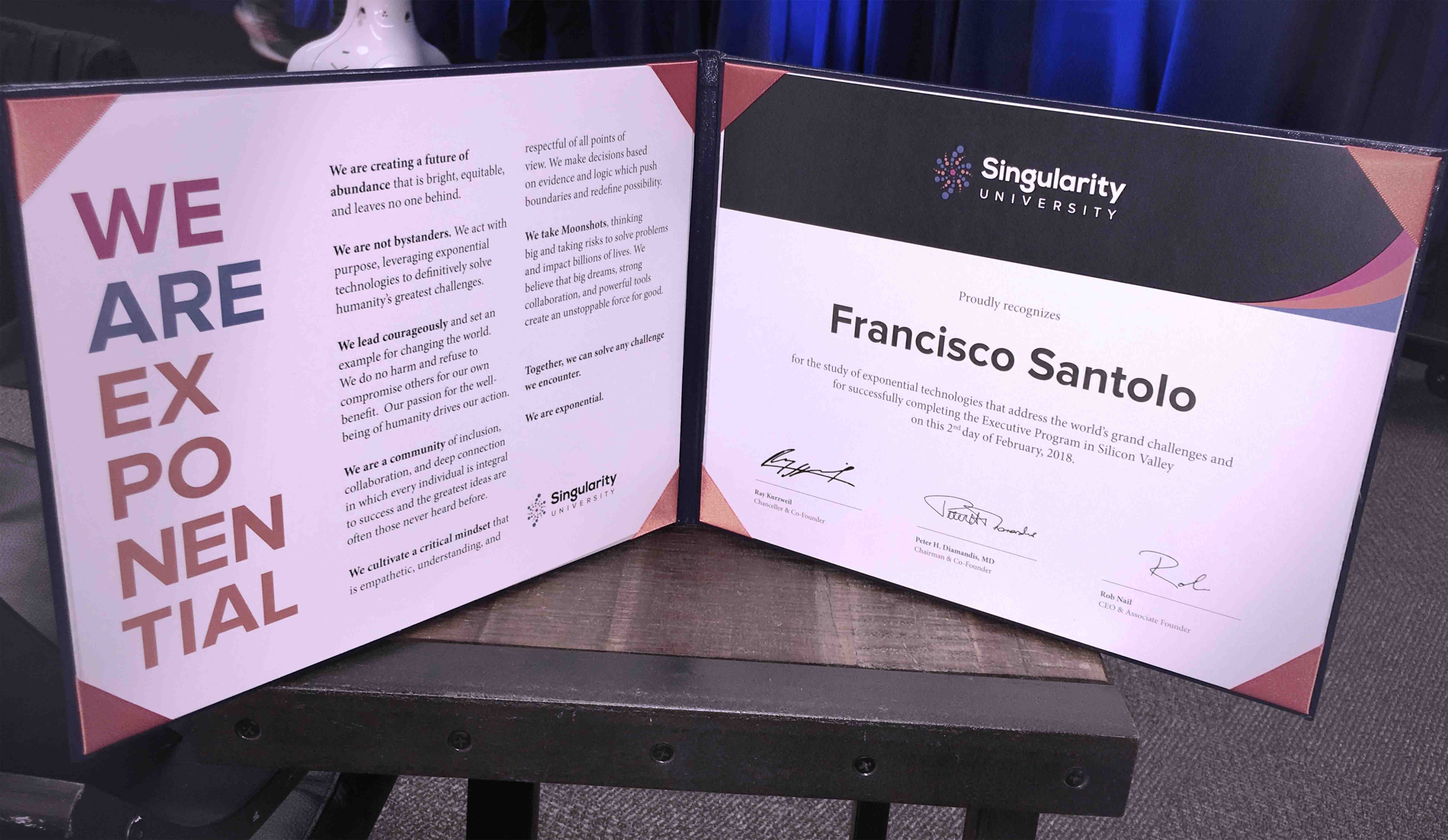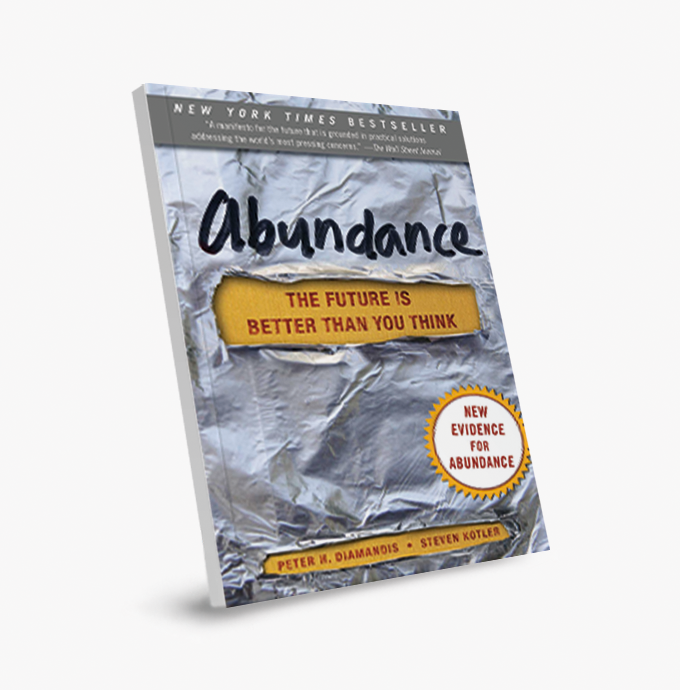

from Peter H. Diamandis, Steven Kotler
Inspiration, Future and Technology
“Abundance: The Future Is Better Than You Think” by Peter H. Diamandis and Steven Kotler presents a future where exponential technologies such as AI, robotics, and biotechnology transform global challenges into opportunities. Advocating an abundance mindset, it's a visionary exploration of technological advancements reshaping energy, healthcare, and education sectors.
"Creating abundance [is] not about creating a life of luxury for everybody on this planet; it's about creating a life of possibility." – Peter H. Diamandis, Steven Kotler
BRIEF BOOK SUMMARY
The core of "Abundance" is the optimistic vision that exponential technologies like AI, robotics, and biotechnology will lead humanity into an era of unprecedented progress. Diamandis and Kotler argue these technologies are advancing rapidly, promising to solve some of the most pressing global challenges, including energy, healthcare, and education. This vision counters the Malthusian perspective of resource depletion and overpopulation, suggesting that technological advancements will outpace these challenges.
The authors emphasize a crucial paradigm shift – from viewing the world through a lens of scarcity to one of abundance. This change in mindset is essential for harnessing the potential of exponential technologies and for approaching global problems with innovative solutions. The book encourages readers to adopt this abundance mindset, advocating for a future where technological growth and human ingenuity converge to create a world of plenty for everyone.
"Abundance" highlights the increasing accessibility of technology, leading to the democratization of innovation. Technologies like 3D printing and low-cost computing are enabling grassroots innovation globally, fostering creativity and problem-solving across diverse societies. This widespread access to technology is vital for achieving the book's vision of an abundant future.
Alongside the potential of exponential technologies, the authors address the ethical and societal challenges they pose. Issues like privacy, security, and job displacement are acknowledged, with a call for responsible management and proactive governance to ensure equitable benefits and mitigate risks.
The book concludes with a call for collective, interdisciplinary collaboration to realize the vision of abundance. It urges readers to think beyond traditional boundaries, fostering a culture of collaboration that is essential for leveraging technological advancements to create a better future.
WHY SHOULD YOU READ THIS BOOK? By Francisco Santolo
Peter H. Diamandis and Steven Kotler present a transformative vision that resonates deeply with my beliefs in the power of innovation, co-creation, collaboration, and the possibilities of coordination between individuals. As an advocate for stakeholder-centric value creation, I find the book's exploration of exponential technologies and their impact on our future to be both enlightening and inspiring. It was this book that encouraged me to enroll in Singularity University's Executive Program in 2018. It blew my mind and helped me anticipate the future.
The book confronts the conventional mindset of scarcity that frequently restricts entrepreneurial and business thought. The authors' vision of a future in which technology fulfills and even exceeds humanity's fundamental needs lays out a roadmap for entrepreneurs and business leaders to transcend traditional boundaries. Yet, it's crucial to remember that technology in isolation does not spur innovation or forge new markets. This is where the domains of entrepreneurship and intrapreneurship become indispensable, by recognizing that it all revolves around stakeholders (people!): their needs, desires, motivations, and incentives.
Diamandis and Kotler's emphasis on the 'Pyramid of Abundance' is particularly noteworthy. It provides a framework for addressing global challenges, starting with fundamental needs like clean water and education. I deeply believe in the power of social entrepreneurship and the importance of addressing societal issues through business innovation, and we are proud of many Scalabl alumni working on amazing ventures.
The idea that technology not only offers solutions but also democratizes innovation (the 6Ds concept) is a powerful message for today's interconnected business world. It reflects the notion that in the age of information and technological advancement, the role of business leaders and entrepreneurs is more crucial than ever in shaping a sustainable and prosperous future.
"Abundance" is more than just a book about future possibilities; it's a call to action for business leaders, entrepreneurs, and innovators to harness the power of exponential technologies for the greater good. It aligns with the principles of continuous learning, strategic thinking, and responsible innovation, making it an essential read for anyone interested in co-creating the future of business and society.
Francisco Santolo
RELATED BOOKS WE RECOMMEND
"The Singularity is Near: When Humans Transcend Biology" by Ray Kurzweil
Kurzweil's exploration into the technological singularity aligns closely with the vision of exponential technologies in "Abundance." He delves into the future of AI and biotechnology, discussing how these advances will merge human intelligence with technology. This book provides a deeper understanding of the technological transformations that Diamandis and Kotler envision.
"Bold: How to Go Big, Create Wealth and Impact the World" by Peter H. Diamandis and Steven Kotler
As a continuation of the themes in "Abundance," "Bold" focuses on leveraging exponential technologies and crowd-powered tools for significant global impact and wealth creation. This book is practical, offering actionable advice and case studies for entrepreneurs and innovators motivated by the ideas in "Abundance."
"The Zero Marginal Cost Society: The Internet of Things, the Collaborative Commons, and the Eclipse of Capitalism" by Jeremy Rifkin
Rifkin’s book shifts the focus to the economic and societal transformations brought about by technology. He discusses how the Internet of Things and renewable energy can lead to a society where the marginal cost of goods and services approaches zero, resonating with the optimistic future of abundance and technological empowerment in Diamandis and Kotler's work.








